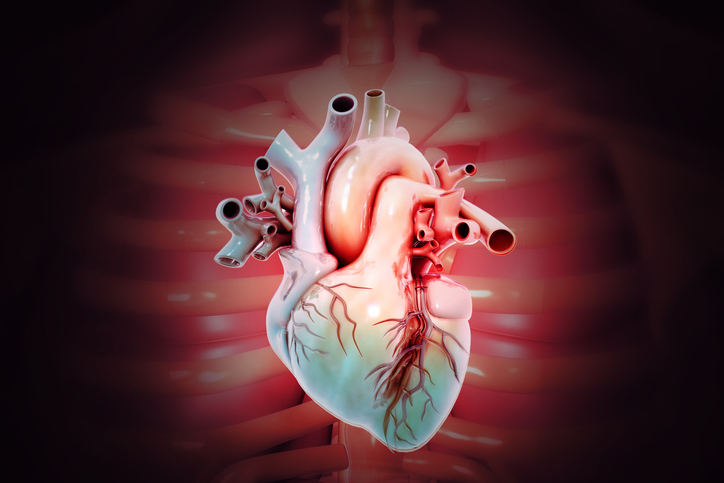
A new study suggests that the COVID-19 pandemic had a direct negative impact on the diagnosis of cardiovascular disease around the world.
“The coronavirus disease 2019 (COVID-19) pandemic has adversely affected diagnosis and treatment of noncommunicable diseases,” the authors wrote in the study, publishing in the Journal of the American College of Cardiology. “Its effects on delivery of diagnostic care for cardiovascular disease, which remains the leading cause of death worldwide, have not been quantified.”
Based on data from the International Atomic Energy Agency, which conducted a worldwide surgery of alterations in cardiovascular diagnostic procedures and volumes. The researchers looked at invasive and noninvasive cardiac testing volumes between March and April 2020, and compared them with March and April 2019. They ended up gathering surveys from 909 inpatient centers performing cardiac diagnostic procedures.
According to the study results, overall procedure volume decreased by 42%, and by 64% from March to April 2019. They also reported that the use of transthoracic echocardiography was down by 59%, transesophageal echo by 76%, and stress tests by 78%. Coronary angiography was decreased by 55% (P<0.001 for each procedure). There was a significant reduction in procedures in poorer countries that had lower gross domestic product (location in these lower-income regions was associated with a 22% reduction in cardiac procedures).
“COVID-19 was associated with a rapid reduction in cardiovascular diagnostic procedure volumes across the world,” the authors concluded. “Decreases in cardiac testing and the unavailability of PPE and telehealth were most notable in lower-income countries. The impact of these and ongoing changes in cardiovascular diagnostic care related to COVID-19 requires further study, although they raise serious concerns for long-term adverse cardiovascular health outcomes resulting from decreased diagnosis.”
Lead author Andrew J. Einstein, MD, PhD, associate professor of medicine at Columbia University Vagelos College of Physicians and Surgeons, and a cardiologist at New York-Presbyterian/Columbia University Irving Medical Center, added that an effort to improve access to diagnostic procedures is necessary.
“These findings raise serious concerns for long-term adverse cardiovascular health outcomes resulting from decreased diagnosis,” he said in a press release. “Efforts to improve timely patient access to cardiovascular diagnosis in this and future pandemics, particularly in low- and middle-income countries, are warranted.”







 © 2025 Mashup Media, LLC, a Formedics Property. All Rights Reserved.
© 2025 Mashup Media, LLC, a Formedics Property. All Rights Reserved.